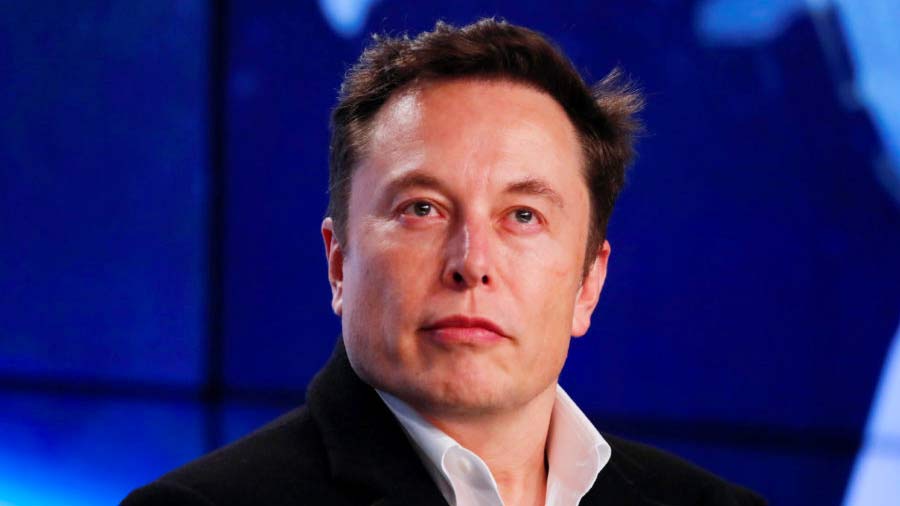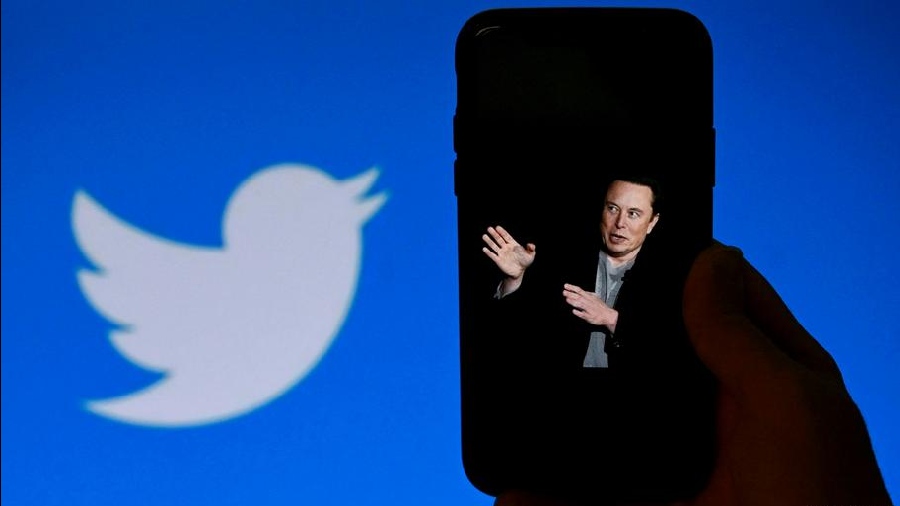Before Elon Musk bought Twitter, slurs against Black Americans showed up on the social media service an average of 1,282 times a day. After the billionaire became Twitter’s owner, they jumped to 3,876 times a day.
Slurs against gay men appeared on Twitter 2,506 times a day on average before Musk took over. Afterwards, their use rose to 3,964 times a day.
And antisemitic posts referring to Jews or Judaism soared more than 61 per cent in the two weeks after Musk acquired the site.
These findings — from the Center for Countering Digital Hate, the Anti-Defamation League and other groups that study online platforms — provide the most comprehensive picture to date of how conversations on Twitter have changed since Musk completed his $44 billion deal for the company in late October. While the numbers are relatively small, researchers said the increases were atypically high.
The shift in speech is just the tip of a set of changes on the service under Musk. Accounts that Twitter used to regularly remove — such as those that identify as part of the Islamic State, which were banned after the US government classified the IS as a terror group — have come roaring back.
Accounts associated with QAnon, a vast far-Right conspiracy theory, have paid for and received verified status on Twitter, giving them a sheen of legitimacy.
“Elon Musk sent up the Bat Signal to every kind of racist, misogynist and homophobe that Twitter was open for business,” said Imran Ahmed, the chief executive of the Center for Countering Digital Hate. “They have reacted accordingly.”
Musk, who did not respond to a request for comment, has been vocal about being a “free speech absolutist” who believes in unfettered discussions online. On Twitter itself, researchers said the increase in hate speech, antisemitic posts and other troubling content had begun before Musk loosened the service’s content rules.
That suggested that a further surge could be coming, they said. If that happens, it’s unclear whether Musk will have policies in place to deal with problematic speech.
Musk laid off, fired or accepted the resignations of more than half the company’s staff last month, including those who worked to remove harassment, foreign interference and disinformation from the service.
(New York Times News Service)












